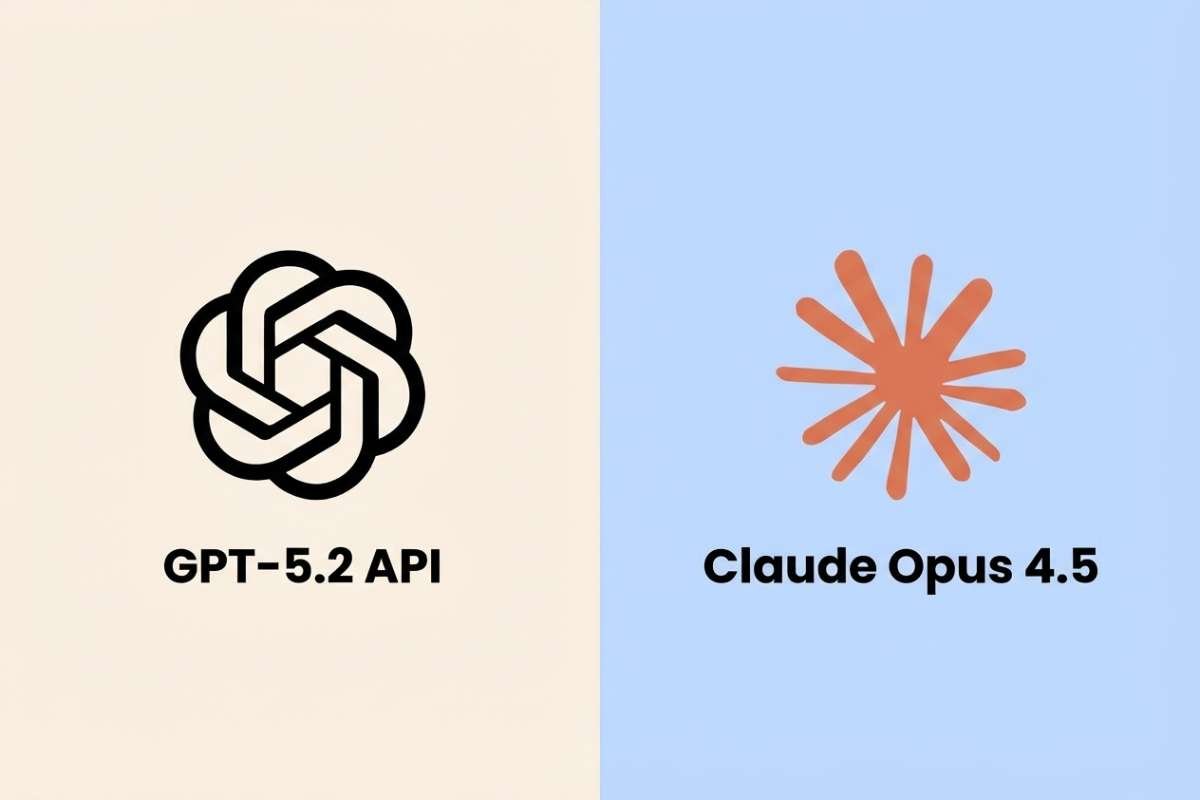Are you looking to enter one of the most in-demand fields in the tech industry?
If so, you’ve come to the right place.
Technical writing is one of the hottest fields in tech right now, with an expected growth of 12% in employment over the next decade. Technical writing certification is a great way to get the skills and knowledge needed for these in-demand roles.
Problem is: Breaking into the technical writing field is not easy. Most professional technical writers don’t have a degree in technical writing. So how can you get a foot in the door?
Solution: Technical writing certification.
Here’s What You’re About To Learn:
- Why Technical Writing Certification Actually Matters
- The Real Benefits of Getting Certified
- Choosing the Right Certification Program
- What You’ll Learn During Certification
Why Technical Writing Certification Actually Matters
Let me let you in on a little secret…
Technical writing is not just writing about technical things. It’s a specialized form of writing that requires the ability to communicate complex technical information to non-technical audiences in a way that’s easy to understand and follow.
Companies are willing to pay a premium for this skill.
Data shows that the average technical writing certification can lead to roles paying $76,860 in the United States. This is a lot more than most other types of writing jobs.
But here’s the catch:
To land these high-paying technical writing roles, you need to be able to demonstrate your skill. You need to be able to show hiring managers that you can create documentation that follows best practices, that’s clear and concise, and that meets the needs of the end user.
Technical writing certification is what you need to do this.
It shows employers you’ve dedicated the time and effort to learning the technical writing fundamentals. In fact, take a look at it from a hiring manager’s point of view. Two people are interviewing for a technical writing job. One has technical writing certification. One does not. Who are they more likely to hire to document their complex software systems? The answer should be obvious.
The Real Benefits of Getting Certified

Certification isn’t just a piece of paper you can add to your LinkedIn profile.
It’s a process that builds the actual skills you need to become a qualified technical writer. Certification teaches you technical writing best practices, and helps you build a portfolio of work you can use to prove your skills to potential employers.
Here’s what happens when you complete a technical writing certification program:
- You Learn Industry-Standard Best Practices: Certification programs teach you the process professional technical writers use every day. This includes everything from how to collaborate with engineers and product managers to the technical documentation life cycle and how to create documentation users will actually read.
- You Build a Professional Portfolio: Most certification programs require you to complete several hands-on projects. These real work samples can be included in your professional portfolio and used to show potential employers your technical writing skill.
- You Join a Community: The best technical writing certification programs put you in contact with other aspiring technical writers. This network becomes invaluable when you’re job searching or need help on a documentation project.
- Certification Programs Are Quick and Accessible: Most certification programs can be completed in just a few months. This means you don’t have to spend years in university to become a technical writer.
How Certification Boosts Your Earning Potential?
Did you know:
Technical writers earn significantly more than general content writers. We’re talking $20,000 to $30,000 per year more in many cases.
The reason is simple – technical writing is a specialized skill. General writers only need to be able to create content, but technical writers need to be able to not only write, but understand the subject matter they’re writing about, communicate with technical teams, and create documentation that meets industry standards.
Certification proves you have the specialized skills required to be a technical writer.
Companies know that technical writers who are certified are ready to start day one. Certified technical writers don’t need months of on-the-job training to learn how documentation works.
This makes technical writers more valuable, and a higher salary to reflect that.
Choosing the Right Certification Program

Now comes the fun part.
Not all certification programs are equal. Some will teach you antiquated practices that are no longer used in most tech companies. Others will focus on theory and lack any real-world application.
The best programs teach both.
They’ll give you the fundamentals of technical communication, but also give you experience creating documentation from start to finish. You’ll learn the tools professional technical writers use every day, such as document management systems, content management platforms, and collaboration software.
Here’s what to look for in a certification program:
- Hands-on projects that build your professional portfolio
- Experienced technical writers as instructors
- Training on modern tools and technologies
- Interview preparation and resume building
- Networking with other technical writers
- Recognized credentials in the industry
The best programs prepare you for every part of a technical writing career.
What You’ll Learn During Certification
Okay. Time for me to list out the details on exactly what you’ll learn…
1. Technical Writing Skills

You’ll learn all the fundamentals of clear, concise technical communication. This includes how to write for your audience, structure information in an easily digestible way, and use a style that’s easy for end users to understand.
It goes beyond this, of course.
You’ll learn how to approach different types of documentation. This includes everything from user guides and API documentation to release notes, knowledge base articles, and more. Each type of documentation has its own nuances.
2. Document Development Lifecycle
Professional technical writers don’t just write documentation – they manage complex documentation projects from start to finish.
To do this, they use a structured process called the document development lifecycle. This process is what ensures documentation stays useful and up-to-date.
You’ll learn how this lifecycle works, from initial planning and research to the actual writing, editing, and publishing process.
3. Working with Technical Teams
This is another thing most people don’t realize:
Technical writers have to communicate with engineers, product managers, and designers all the time. In order to create technical documentation, you have to extract information from these experts and communicate it clearly to users.
Certification training includes how to do this.
You’ll learn how to conduct effective interviews, ask the right questions, and collaborate with technical teams on documentation projects.
4. Tools and Technologies
Technical writing is not just sitting at a computer typing. In the modern technical writing world, you use several tools.
Certification teaches you these tools. This includes industry-standard content management systems, version control software, and documentation platforms. Training on these tools makes you more valuable to potential employers.
Wrapping This Up
It all comes down to this:
Technical writing certification can help you level up your career quickly. It will give you the skills, portfolio, and credentials necessary to get hired in high-paying technical writing jobs.
Technical writing is a growing industry. Companies are looking for qualified technical writers now more than ever. By certifying as a technical writer, you can position yourself to take advantage of this growth.
Not sure you can spend months working through an intensive program?
Don’t worry about it. Many technical writing certification programs are self-paced, which means you can work through the curriculum at a time that works for you while you’re still employed in your current job.
The important thing is to just get started.
Pick a technical writing certification program that works for you. Put your time into it. Put in the work to gain the technical writing skills and build a portfolio of work to prove your skills.
The question is not if technical writing certification is worth it. It clearly is. The question is: are you ready to put the work in to take your technical writing career to the next level?
If so, it’s time to get technical writing certified.


















